1. Hey, can you please introduce yourself?
My name is Joel Runyon. I’m an athlete and entrepreneur and founder of IMPOSSIBLE – a lifestyle performance company focused on helping people push their limits and do the impossible. We sell apparel and supplements while creating inspirational content and fitness resources.
I also am a startup advisor to a series of health, productivity and fitness companies.
2. What motivated you to choose remote working?
Remote working chose me. I got involved in internet marketing by chance (I knew I liked the internet and I knew I liked marketing) and took a no-pay internship at an agency to start learning it. I quickly learned a ton, moved up the ranks, got recruited to a bigger agency and moved cities for it.
Despite the bigger salary and fortune 500 clients, I realized office work was not for me. I could do the work anywhere I had an internet connection – and I was coming into an office everyday in the suburbs of Milwaukee! One of my friends, Sean Ogle was doing the same work I was doing, but he had made a bucket list, quit his job and moved to Thailand!
I realized quickly that the end was nigh and eventually quit the job and then started to plot out my own businesses + life from there.
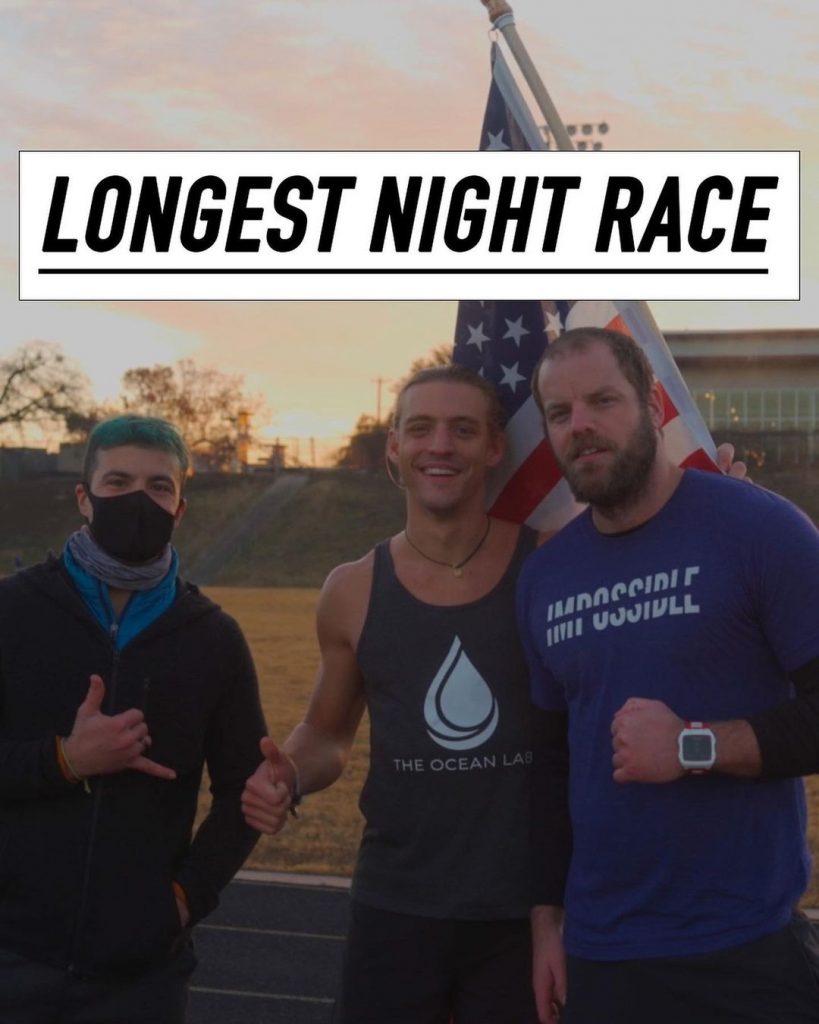
3. What were your initial months like? Did it live up to your expectations?
I literally went from a house in Milwaukee living on my own, to my parents couch, then to the Dominican Republic – where I lived for super cheap with some friends (I think I had an inflatable mattress on the floor).
The Dominican Republic has its own challenges. The power grid system isn’t great, but after office life hell – nothing really mattered other than being FREE.
I was working my butt off on my first IMPOSSIBLE Fitness program and ended up accidentally building my first niche site – a paleo diet guide – just as the diet began to grow in popularity.
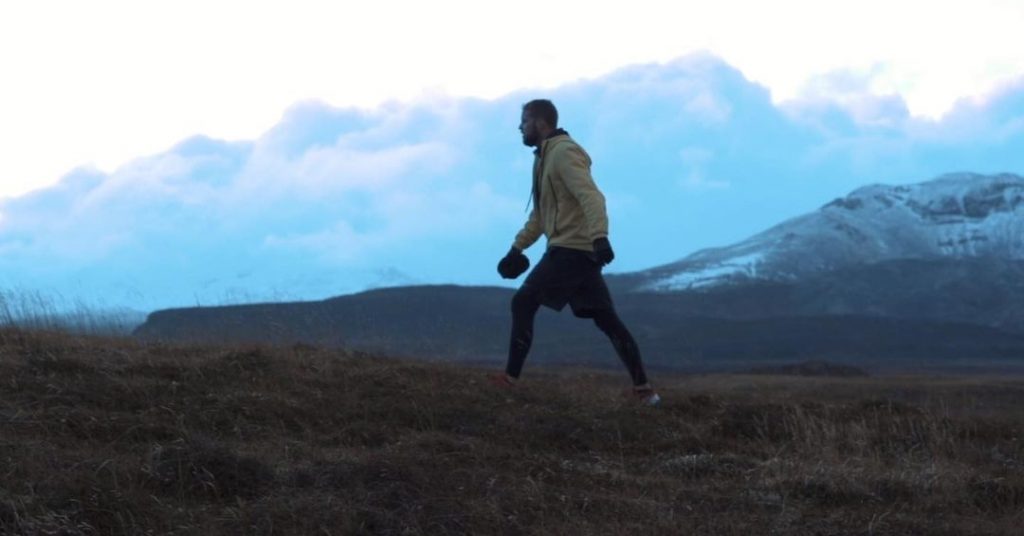
We eventually developed a meal planning app for keto & other diets and built a mobility exercise coaching website + tool as well.
That first few months, I did manage to kite surf and paraglide – with minimal adventure insurance – so I have to say – I think it was quite the upgrade from the office life.
4. How did you find remote working roles?
Like I said, remote working found me.
I wasn’t a good fit for office culture and after quitting my job – I was determined to make it work on my own.
All of the work I was already doing (marketing, SEO, PPC) are already assumed outsourced roles with smaller companies – so that was a great start. I’d make friends with other online businesses and just find ways that I could help them – even before getting paid – and then eventually that turned into a lot of work.
As I started to build my own companies – it became even easier (because I was the boss).
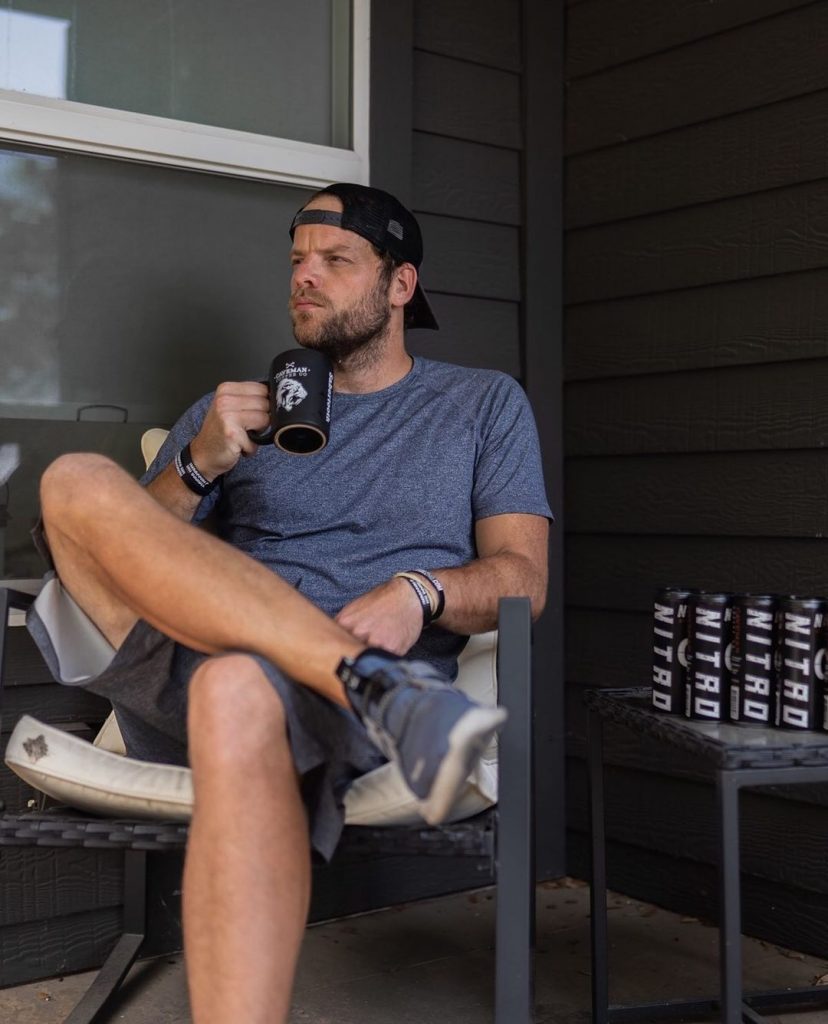
When I started advising companies, it basically became the starting assumption when I first would meet them. The few companies that have been adamant about in-person roles for the type of work I do – quite honestly – have been red flags and are typically both not as good of a fit and not as forward thinking as the companies I have the best relationships with.
I remember mentioning 2 months before the pandemic hit a very C-level exec in Silicon Valley that remote working was going to be a thing whether they liked it or not. They swore up and down that it wouldn’t matter – for them (and they were building a ‘future of work’ company). Two months later – the pandemic hit and everyone became remote.
5. What have been the best, good and worst aspects of remote working for you?
The best parts have been freedom to travel, live and adventure on my own terms – being able to be my own boss, do impossible things, and be able to give back.
The good parts are that this is what I wanted since I was a kid, but I didn’t know that 1) you could do it or 2) there was a roadmap to make it happen that’s essentially repeatable!
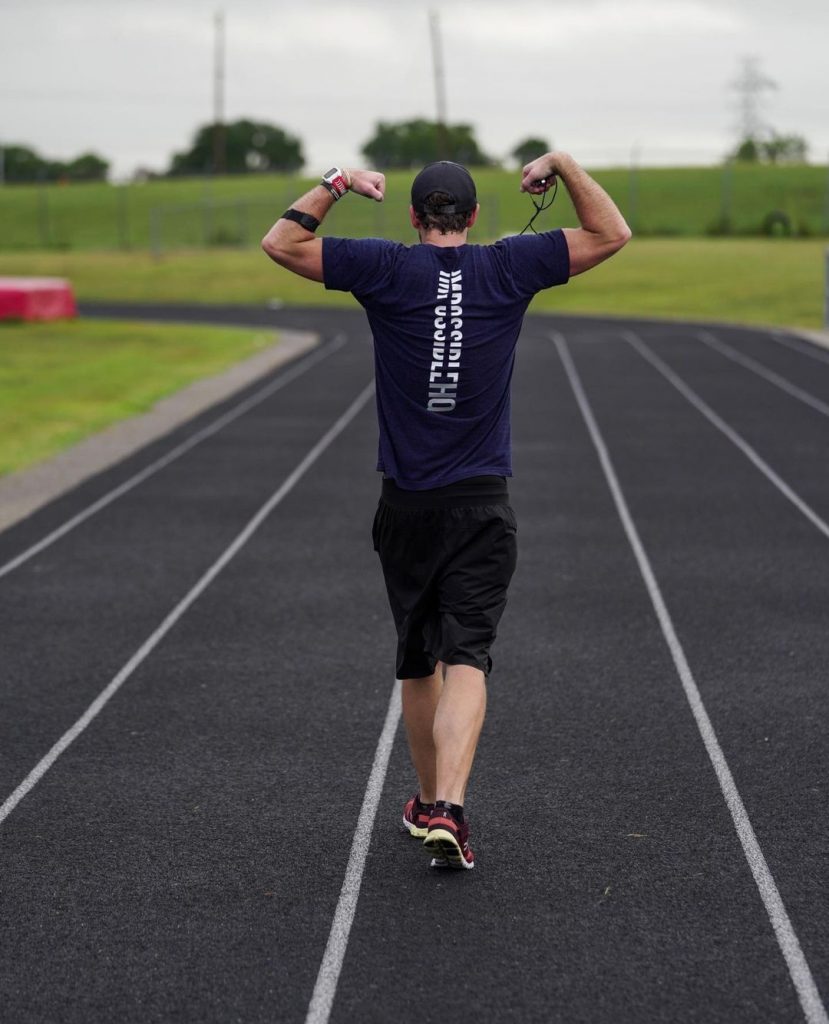
There are two parts that are the worst:
1) People who are still in “office-land” mindset who want to schedule constant calls throughout the day just to “be seen.” They’re hyper-focused on appearances and do nothing with deliverables. It’s horrible and once you see it you can’t unsee it.
2) Making time for life. Now that everyone is a remote worker, there’s a pressure to be always-on. This got me into a place of burnout at the end of 2020 and had me working from sun-up to sun-down. I’ve slowly eased back into a better overall lifestyle routine, but it’s a very easy trap to fall into.
6. What tools do you swear by while working remotely?
I use a few religiously:
Around.co – I just found this tool after getting burnt out on Zoom. I can’t overstate how much more remarkably better of an experience this is than Zoom. It’s not nearly as emotionally taxing as having an entire team on your screen all day.
Ahrefs – I do all of my SEO and keyword research using this tool. It’s probably the one tool I use the most.
Roam Research – I use Roam to mind-dump all my random thoughts throughout the day. It’s a mix of brain dumps and tasks lists and I’ve found it just makes things easy. Mem.ai is a good alternative here as well.
Ulysses – I do almost all of my notes and writing in this app. It’s so simple, markdown-compatible and just really, really solid.
Flow App – I use this app to track my pomodoro sessions and plot out my workstation popcorn methodology to make sure I get everything done.
WordPress – WordPress is the foundation for almost all of my businesses. My whole life changed when I started a blog and WordPress made it super easy to spin up. Now, almost all of our content sites run on WordPress and it’s still the easiest tool for fast publishing.
If I’m going to do a bit of self-plugging, I use my cold shower app, and my mobility coaching app all the time. Added to that – my entire wardrobe basically consists of Impossible shirts.
7. Your most exciting/ hilarious experience since you started working remotely.
Running an ultra marathon on every continent was certainly one of the wildest challenges I’ve ever taken on and had a bunch of smaller stories – including getting injured, building an app to rehab myself and then getting sued by a billionaire.
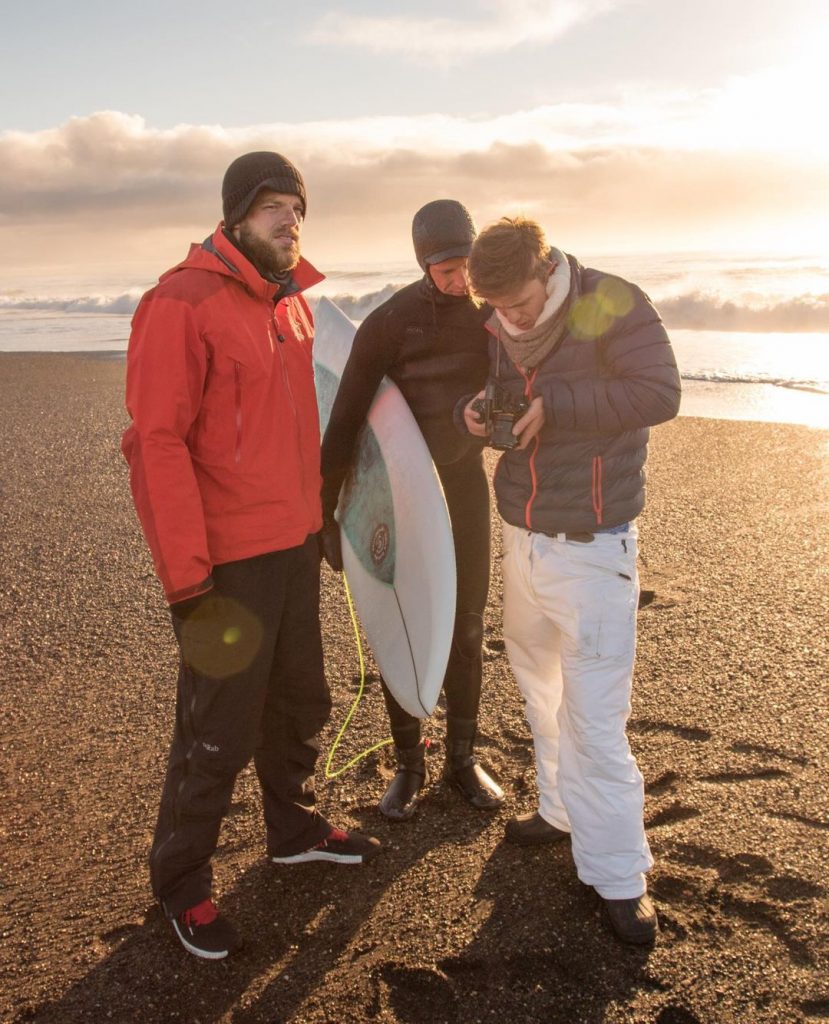
Travel-wise, the most ridiculous one was where I got my passport invalidated and got stranded in the middle of Qatar, got pulled off the plane and got stuck in the middle of Qatar en route to one of my ultra marathons. This was a “very fun pit stop” turned into a “sleepless nightmare in the sand.”
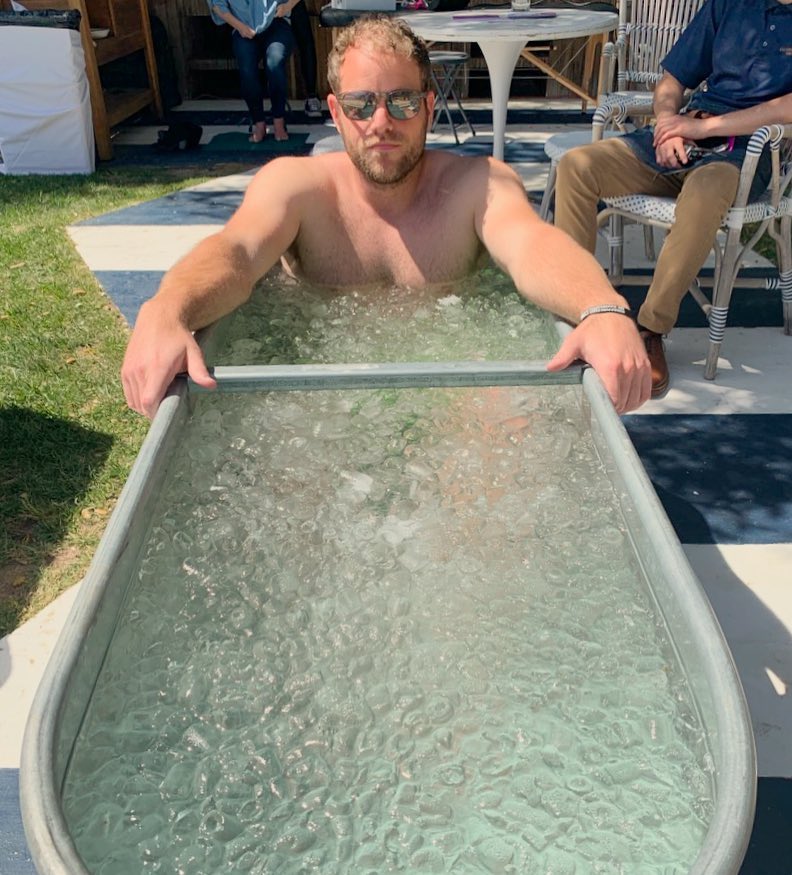
One of my other fun adventures was accidentally becoming the basis for an Antarctica conspiracy theory when some of my running data from the Antarctic Ice Marathon 100k was leaked by Strava.
8. What is your golden advice to a new remote worker?
Remote working sounds like it’s here to stay, but it’s going to stratify.
There are going to be the superstars and everyone else (the haves + the have-nots).
That sounds scary, but the thing is – in order to be a superstar – you only really have to 1) deliver what you say you’re going to do 2) over-communicate what you’re doing.
You need to deliver – when you’re not in front of someone else – results are more and more important. This is good news for high achievers!
As for #2 – again, if you’re not in front of someone every day, you need to over-communicate what you’re doing. Weekly + monthly wrap-ups are hugely important here and will help set you apart from everyone else.
You’re no longer in front of someone every day so you need to communicate what you’re doing and what deliverables you’re bringing to the table.
The middle manager is going to hollow out – and if they do exist – they will exist in an office or by making your life hell by Zoom calls every day.
If you want to become a remote worker with the freedom it really offers – become a superstar employee that gets to set the terms of engagement for the companies you deal with.
9. How do you see your career shaping up and your goals?
I am slowly phasing out my personal involvement in most of my side-projects and moving to an “owner” role rather than operator.
Almost all of my energy going forward is directed at IMPOSSIBLE – creating new apparel products and high-performance supplements – while creating exciting content inspiring people to do the impossible and training them to get in shape to do it.
I plan to continue to advise and invest in companies in the health, fitness, productivity space – where I can have an outsized impact.
All of this I plan on doing remotely – while having a base in Austin, TX and traveling & adventuring from there.
10. How do you expect remote working to evolve in the future?
As I mentioned before – I think you’re going to see a stratification. The best workers and the best companies will continue to be remote. The middle and lower tiers may have it as an option, but without all the freedom that true remote workers experience.
However, many middle-manager types of people will like the “office” environment as it’s easier to do “busy-work” there, so you see that happening.
Hopefully – this enables high performers to do more, better work and then get on with their lives to do things on their impossible lists and live interesting stories with their lives.
11. Where can we follow you on?
You can find me on Twitter + Instagram
@joelrunyon – instagram
@joelrunyon – twitter
JoelRunyon.com
You can follow IMPOSSIBLE on Twitter, Instagram, Facebook, and YouTube
twitter.com/impossiblehq
facebook.com/impossiblehq
youtube.com/impossiblehq
instagram.com/joelrunyon
Other sites
- ImpossibleFitness.com
- Impossible.org
- Impossiblex.com
- UltimateMealPlans.com
- UltimatePaleoGuide.com
- PaleoDiet.org
- MoveWellApp.com
- StartABlog.com